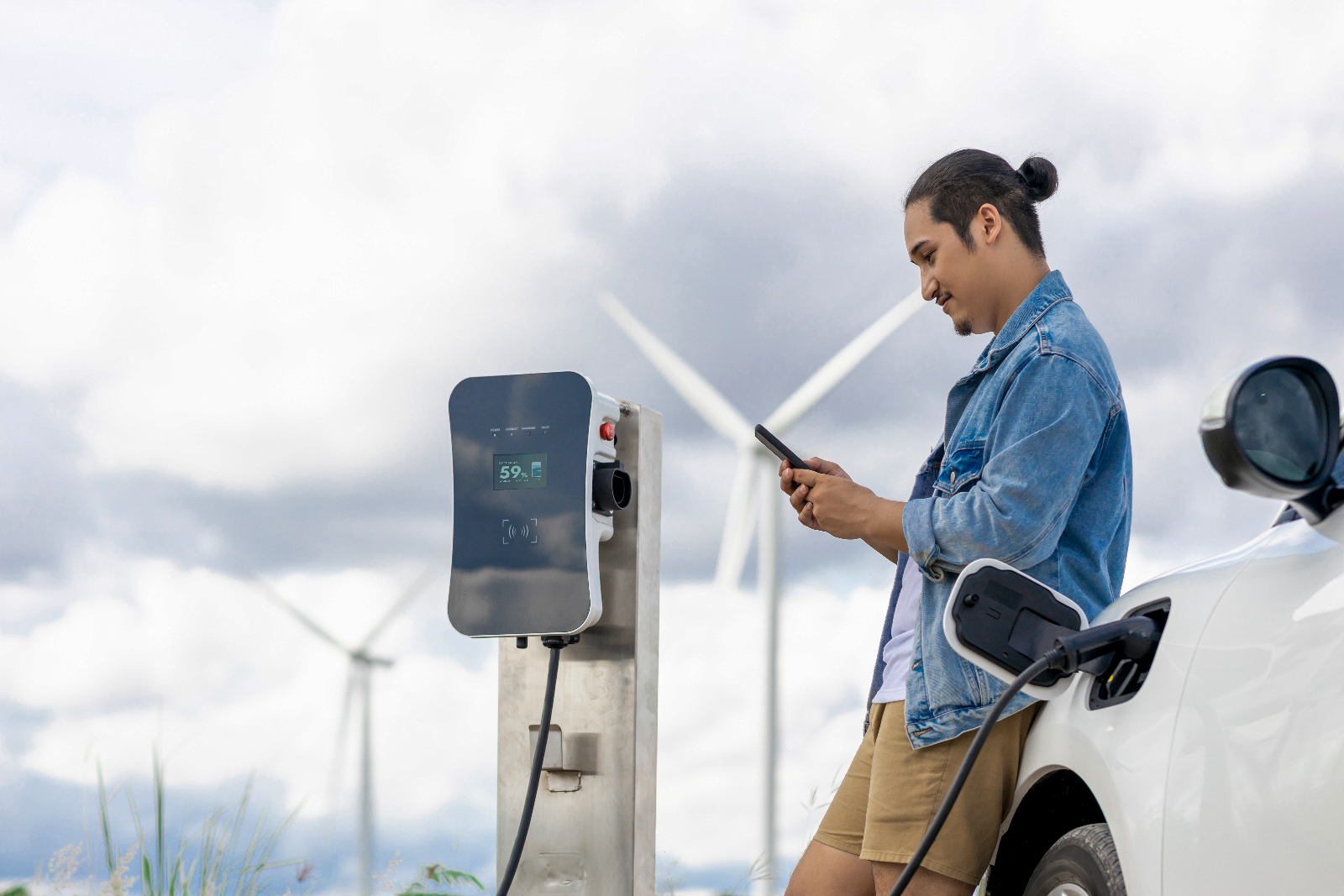It’s an exciting time of growth in the electric vehicle industry. In 2023, Canada surpassed a critical threshold: five percent of new car sales now consist of vehicles powered only by electricity. In passing this tipping point, Canada joins 22 other countries – including the U.S., China, and most of western Europe – in leading the way with EV adoption.
While EVs boast an array of benefits (including fuel cost savings, lower maintenance, and better performance), one of the most preeminent is their smaller environmental footprint. Electric vehicles produce less greenhouse gas emissions than average gasoline-powered vehicles, even accounting for the horsepower required to manufacture their batteries and the carbon pollution created by electric charges. And with wind and solar sources generating more and more electricity, the total greenhouse gas emissions associated with EVs will only continue to decrease.
Considering the benefits and investment into EVs and EV infrastructure, governments around the globe are asking: how can we incentivize both consumers and corporations towards EV adoption?
Canada is answering this question through its Clean Fuel Regulations program.
Canada’s Clean Fuel Regulations (CFR) program, which came into full effect in July 2023, is a pivotal initiative aimed at reducing greenhouse gas emissions from transportation fuels and fostering the growth of clean energy. The Regulations require fuel suppliers to either reduce their emissions or purchase CFR credits, which can be generated and sold by owners of electric vehicle charging stations. The Regulations require fuel suppliers to either reduce their emissions or purchase CFR credits, which can be generated and sold by owners of electric vehicle charging stations.
By opting into the program, EV charging station owners may earn CFR credits for each metric ton of CO₂-equivalent emissions avoided through the delivery of electricity to EVs. This incentive structure encourages the expansion of EV charging infrastructure and contributes to a cleaner transportation ecosystem.The program will take a gradual approach, starting with 4% reduction in carbon intensity this year and rising to 15% by 2030. Reaching this goal will mean eliminating up to 26.6 megatonnes of greenhouse gas pollution in that calendar year – equivalent to approximately two weeks’ worth of greenhouse gas emissions.
The CFR program outlines specific eligibility criteria for earning credits, focusing on various electric-powered vehicles and equipment.
Eligible categories include:
Understanding the application process is crucial for entities aiming to benefit from CFR credits. Read more and determine eligibility here.
With the currency of CFR credits on the market, EV charging station owners have a unique opportunity to not only make a broader environmental impact but also to open up a new revenue stream.
As previously mentioned, for every metric ton of CO₂ equivalent emissions avoided through electric charging, EV companies gain CFR credits – which they can then sell to fuel producers that need to offset their own emissions. This process is managed by credit aggregators, such as Smart Charging Technologies (SCT), who work to perform site audits, track and aggregate credits, and issue rebate cheques quarterly.
To receive these financial benefits, businesses must simply enroll for the Smart Rebates program. Even businesses with as few as one EV charging station are eligible to register and receive program rebates.
Kajeet, a leading managed IoT connectivity services provider, is poised to assist Canadian EV companies in maximizing the benefits of the CFR program. Our secure, reliable, end-to-end connectivity allows EV owners to connect, monitor, and remotely manage their chargers – all on a single pane of glass. And the real-time analytics provided by the Sentinel® platform make the process of tracking your charge for EV rebates simpler than ever. We already partner with 2,500+ organizations across North America to simplify their wireless solutions – let us explore if ours could be a fit for your business’s needs as you look to make the most of CFR regulations and greenify your business.


